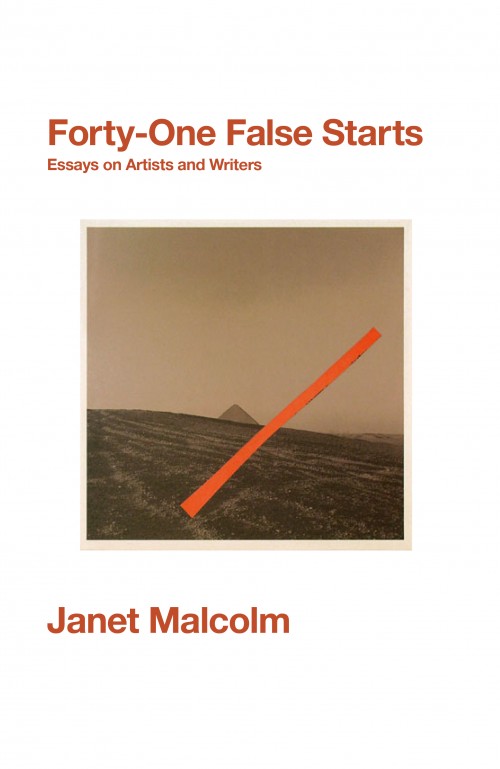“Being generous in speaking of another’s work doesn’t mean “heaping praise”. It means delivering the critique from a place deeper than the insignificant nitpicking that comes so easily, deeper still from a place that harbors no envy, and even further down where the critique is offered in a genuine effort to improve the project, to the benefit of the discipline as a whole. Everyone wins.”
I came across Nam Henderson’s Archinect op-ed on ‘Generous Criticism’ via Michael Surtees DesignNotes.
Design blogs, like DesignNotes, Design Observer, Ace Jet 170, Grain Edit, and Swissmiss – to name just a few – are such an inspiration. The breadth of the design community’s interests, the generosity, willingness to share, and sheer enthusiasm for what they do is remarkable.
I wish I saw more of this kind of online dialogue about publishing.
The best lit-blogs, like ReadySteadyBlog, and Sarah Weinman’s blog, Confessions of an Idiosyncratic Mind, rightly save their enthusiasm for writing and writers. But blogs that concern themselves with the business of books lack that kind of energy.
Although there are notable exceptions – James Bridle’s booktwo and Shelf Awareness come to mind – the book business seems to have very little to say for itself, and even less that is positive. We hear so little about the agents, publishers, editors, designers, publicists, sales reps and booksellers who just nail it. Instead our conversations are dominated by hell-in-a-handcart pessimists or told-you-so digital evangelists. We link to the same gossipy controversies and angry rants. We take cheap shots and wonder why we’re being marginalized by things that are more fun.
We seem short generosity and lacking in curiosity.
Publishing is not perfect, but we do some great stuff. Of course we should be critical, but we should do it to improve what we do, not to tear it down. To go back to Nam Henderson:
“we should, as a community of professionals, be able to expect respectful commentary, considered and generous… if something is bullshit, SAY SO… If someone is skating by on laziness, call them out and challenge them – positively – to make a better effort. And challenge yourself, in every critique, to be generous: reflect on what you’re seeing in the bigger context…, identify the elements that are good, apply the logic of the good parts to the overall scheme to see where improvements can be made. Think about how much effort you would want a critic to put into a comment made to you.”
I can’t say I am without fault. I’m as snarky as the next guy. But I hope — and strive — for something better.
Like this:
Like Loading...






